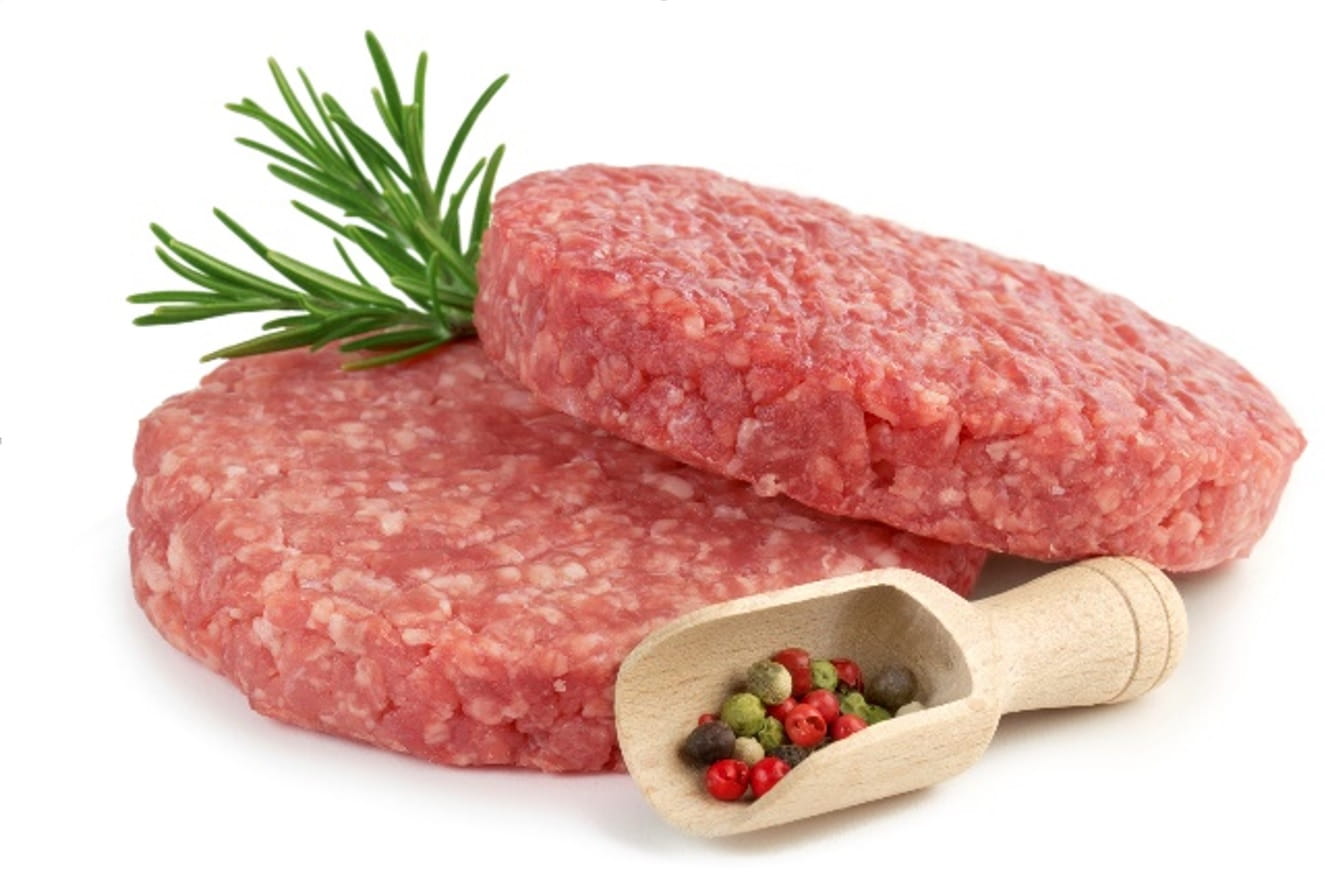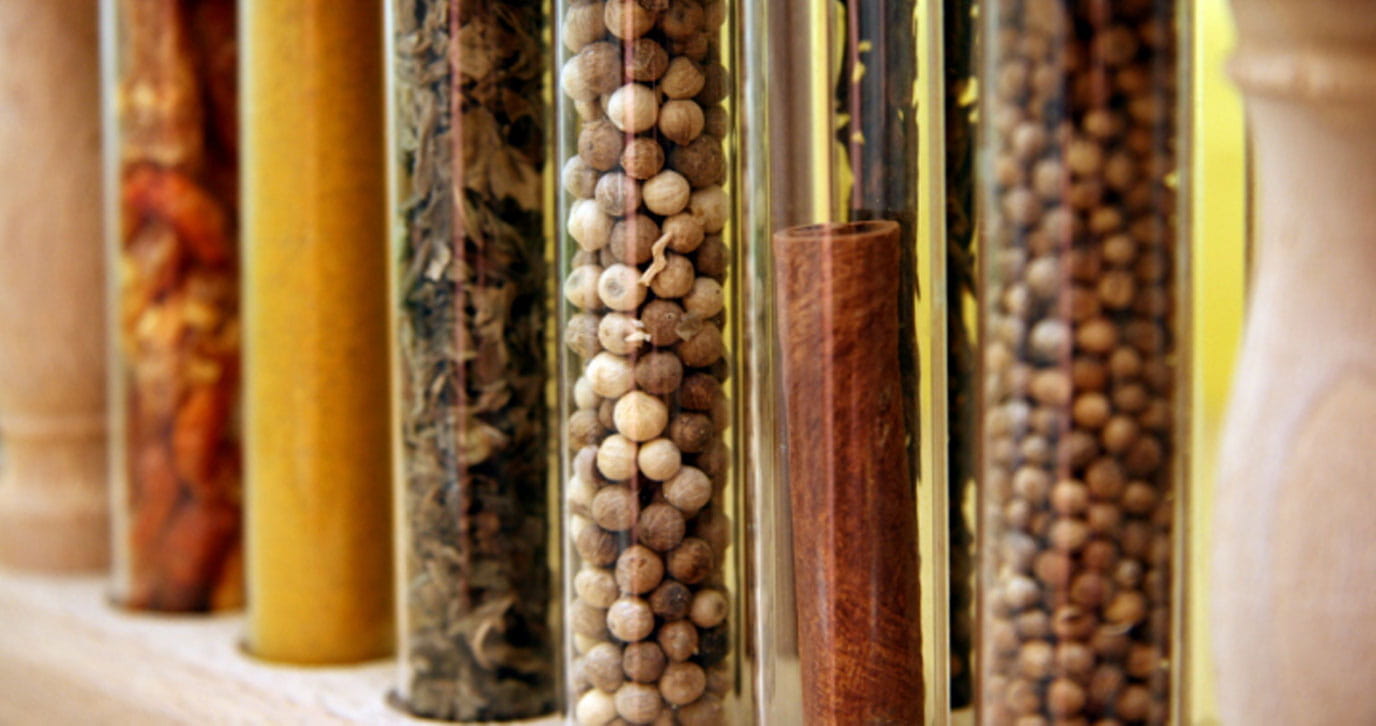March, 2023
Effects of Culinary Spices on Liking and Consumption of Protein Rich Foods in Older AdultsMSI Funded Research: Effects of Antioxidant rich Spice Added to Hamburger During Cooking
Li Z, Henning S, Zhang Y, Zerlin A, Li L, Gao K, Lee R, Karp H, Thames G, Bowerman S, and Heber D

May 2010-- A preliminary study, funded by the McCormick Science Institute examined the effect of an antioxidant rich spice burger on oxidative stress (as measured by malondialdehyde). Download the paper
Emerging science has shown the effect of oxidation products and inflammation on atherogenesis and carcinogenesis. Cooking hamburger meat can promote the formation of malondialdehyde that can be absorbed after ingestion.
Objective
We studied the effect of an antioxidant spice mixture on malondialdehyde formation while cooking hamburger meat and its effects on plasma and urinary malondialdehyde concentrations.
Design
Eleven healthy volunteers consumed 2 kinds of burgers in a randomized order: one burger was seasoned with a spice blend, and one burger was not seasoned with the spice blend. The production of malondialdehyde in burgers and malondialdehyde concentrations in plasma and urine after ingestion were measured by HPLC.
Results
Rosmarinic acid from oregano was monitored to assess the effect of cooking on spice antioxidant content. Forty percent (19 mg) of the added rosmarinic acid remained in the spiced burger (SB) after cooking. There was a 71% reduction in the malondialdehyde concentration (mean ± SD: 0.52 ± 0.02 μmol/250 g) in the meat of the SBs compared with the malondialdehyde concentration (1.79 ± 0.17 μmol/250 g) in the meat of the control burgers (CBs). The plasma malondialdehyde concentration increased significantly in the CB group as a change from baseline (P = 0.026). There was a significant time-trend difference (P = 0.013) between the 2 groups. Urinary malondialdehyde concentrations (μmol/g creatinine) decreased by 49% (P = 0.021) in subjects consuming the SBs compared with subjects consuming the CBs.
Conclusions
The overall effect of adding the spice mixture to hamburger meat before cooking was a reduction in malondialdehyde concentrations in the meat, plasma, and urine after ingestion. Therefore, cooking hamburgers with a polyphenol-rich spice mixture can significantly decrease the concentration of malondialdehyde, which suggests potential health benefits for atherogenesis and carcinogenesis.
This trial was registered at clinical trials.gov as NCT01027052.






